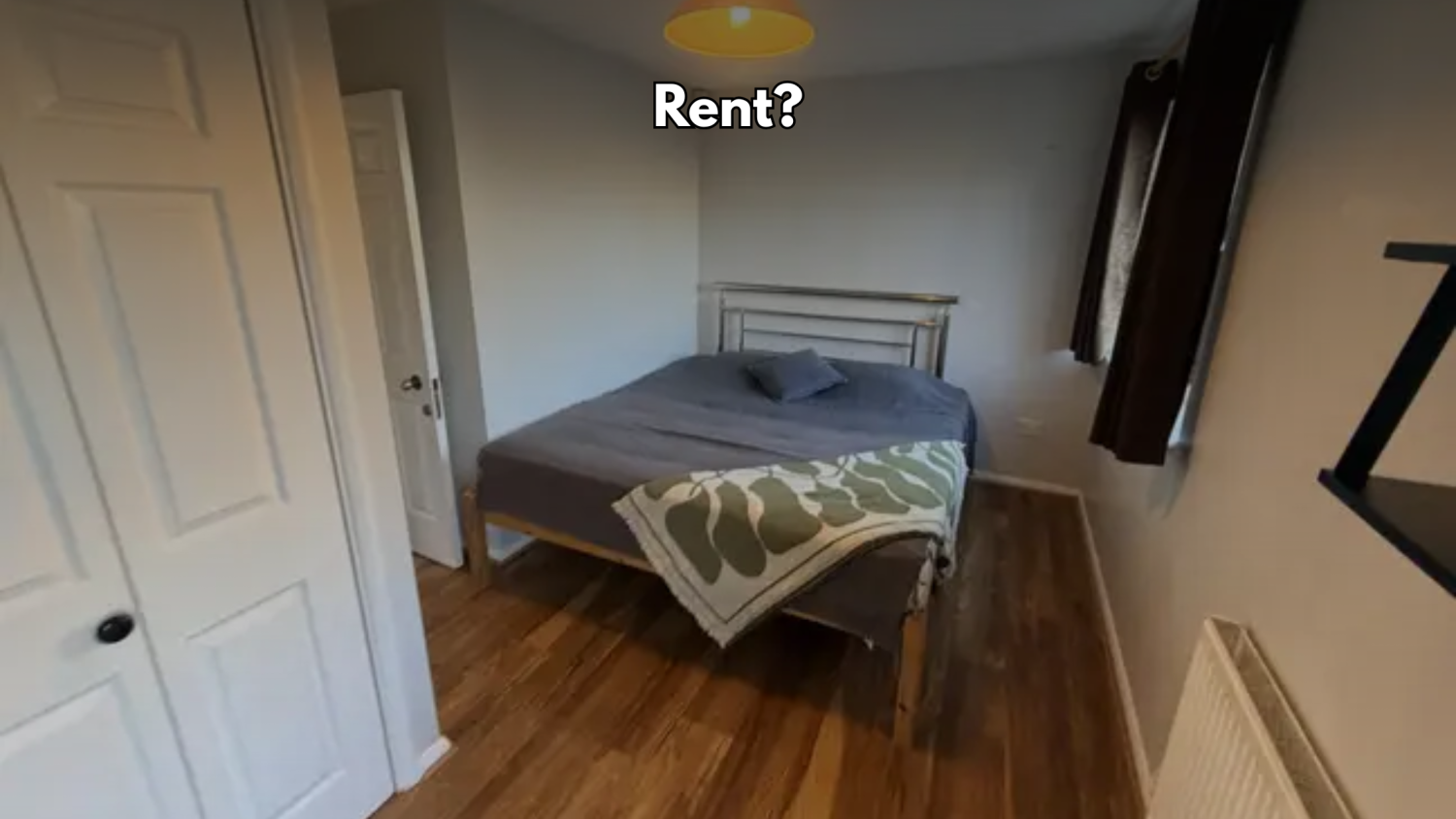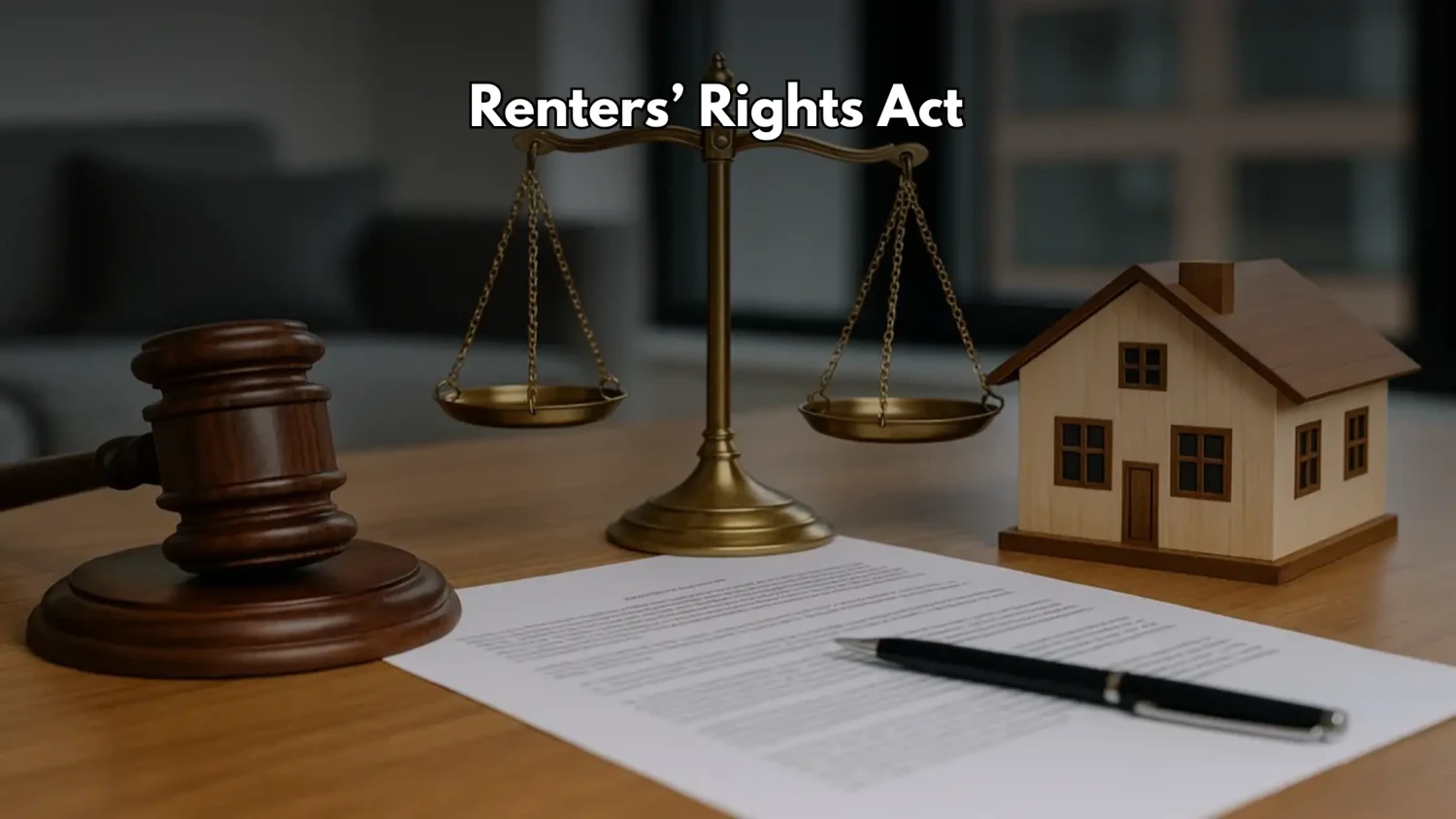
A Complete Guide to Rent Increases in the UK
If you’re a tenant or landlord in the UK, the phrase “Section 13 Notice” can spark curiosity—or even a little anxiety. Usually, it comes up when there’s talk of rent increases, and it’s essential to understand how this process works.
In simple terms, a Section 13 notice of rent increase is the legal tool landlords use to raise rent for a periodic tenancy. But there’s a lot more to it than just a piece of paper—rules, timelines, and rights for both tenants and landlords all come into play.
In this blog, we’ll break down
- What a Section 13 notice is
- How a Section 13 notice to increase rent works
- When and how landlords can issue one
- What tenants can do if they receive a Section 13 rent increase notice
By the end, you’ll know exactly how this process works and how to handle it confidently.
What is a Section 13 Notice?
A Section 13 notice is an official notice under Section 13 of the Housing Act 1988, which enables a landlord to raise rent on a periodic tenancy. A periodic tenancy is one that rolls over each week or month after the fixed term of your tenancy has expired.
Why is it important?
- Landlords are not allowed to simply randomly raise the rent without going through the correct legal procedure.
- Tenants are shielded from sudden or unjustified rent hikes since the law demands a formal notice accompanied by lucid timelines.
- The Section 13 rent increase notice formalises the procedure, providing both sides with precise knowledge of what's going on.
If your tenancy contract already contains a rent review clause for increases, then the landlord has to comply with that first. But if not—or the fixed term has come to an end—a Section 13 notice is the sole legal means of increasing the rent.
When Can a Landlord Serve a Section 13 Notice?
Landlords are not free to raise the rent at any time. There are strict regulations for a Section 13 notice of rent increase:
Just Once Within 12 Months:
A landlord can issue a Section 13 notice at most once within a year. This is so that the tenant doesn't experience successive unexpected raises and there is stability in the rent to be paid.
For weekly or monthly tenancies, landlords have to provide a minimum of one month's notice prior to the new rent becoming effective.
For annual tenancies, a minimum notice of six months is necessary.
Proper Timing
Landlords should see to it that notice is issued after the original fixed term or in accordance with the agreement if it has converted into a periodic tenancy.
Proper Form
A skimpy text or letter won't do. The law demands that landlords employ the prescribed Section 13 notice template, or Form 4. Without it, the rent hike is void.
By adhering to these guidelines, a landlord avoids any potential pitfalls—a skipped step means a tenant can contest or disregard the notice.
How Does a Section 13 Notice to Increase Rent Work?
Both landlords and tenants need to know the process. Here's the breakdown in detail:
Completing the Section 13 Notice Template
- Landlords need to complete Form 4, which consists of:
- Amount of current rent
- Amount of proposed new rent
- Date the change will come into force
-
This makes sure everything is clear and avoids disagreements or misunderstandings.
Serving the Notice: - The landlord needs to serve the notice correctly, typically by post or hand delivery, to the tenant's address.
- Email or informal messages are not statutorily valid for Section 13 notices.
Tenant Gets the Notice
- The tenant must verify the notice date and work out the notice period to ensure it meets with the law.
- They must also compare the new rent with comparable properties to determine if the rise is fair.
Tenant Choices
- Take the new rent and renew the tenancy.
- Negotiate with the landlord if the rise seems too great.
- Challenge the hike by going to the First-tier Tribunal (Property Chamber) prior to the new rent becoming effective.
The Tribunal will determine whether the hike is reasonable in terms of local market levels and property conditions.
Why Use a Section 13 Notice Template?
A good Section 13 notice form (Form 4) isn't a mere formality—it's the gateway to a legally effective rent increase.
For landlords, it provides
- Compliance with the Housing Act 1988.
- Less chance of disputes or refusal to accept the notice.
- Clear communication with tenants.
For tenants, it gives
- Clarity about the rent rise.
- Evidence of the date and amount of notice.
- An unambiguous basis to dispute unfair rises if needed.
Without the formal Section 13 rent increase notice, tenants are not obligated by law to pay the increased rent.
Tips for Tenants and Landlords
Whether you’re serving or receiving a Section 13 notice of rent increase, here are some practical tips:
Landlords
- Stick to market rates; unreasonable increases often lead to disputes or Tribunal challenges.
- Always give the correct notice period—anything shorter is invalid.
- Use the official Form 4 Section 13 notice template to avoid legal issues.
Tenants
- Double-check the dates to ensure the notice period is correct.
- Research local rents to see if the new amount is fair.
- If the increase is unreasonable, consider challenging it with the Tribunal before the effective date.
By following these steps, both sides can maintain a smooth and professional landlord-tenant relationship.
Conclusion
A Section 13 notice to raise rent is the legal, official way landlords can raise rent on a periodic tenancy. It benefits both sides by establishing a clear-cut process with rules, timelines, and tenant rights to dispute unfair hikes.
For landlords, the message is straightforward
- Utilize the official Section 13 notice form.
- Abide by the 12-month rule.
- Make rent increases fair and reasonable.
For tenants
- Know your rights.
- Ensure the notice period and amount of rent.
- Challenge unfair rent increases through the Tribunal.
Knowing what a Section 13 notice is and how it operates can assure you in approaching rent increases confidently, justly, and with peace of mind.









